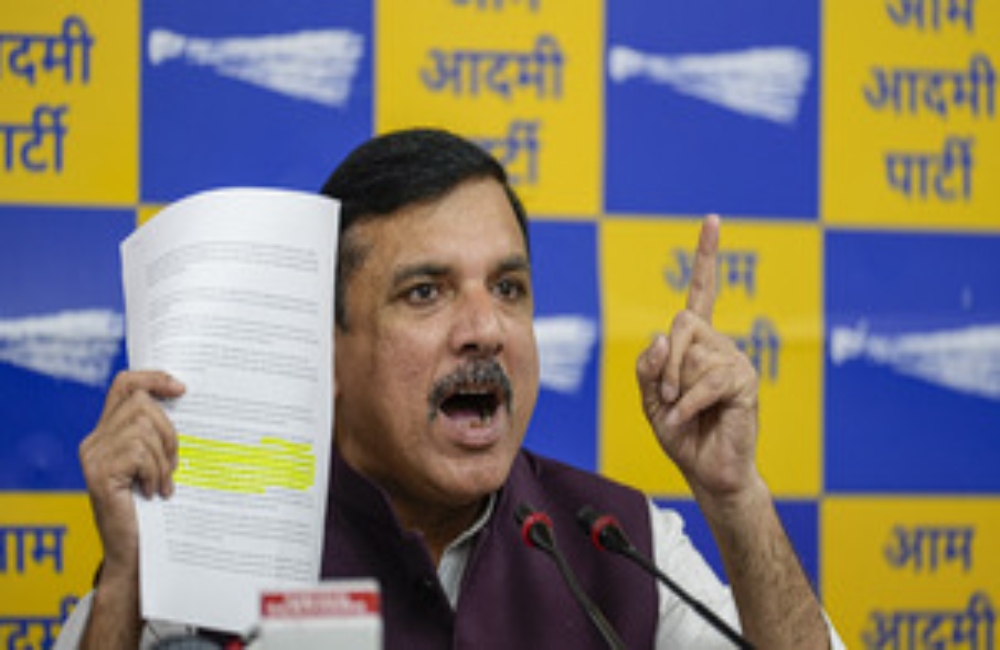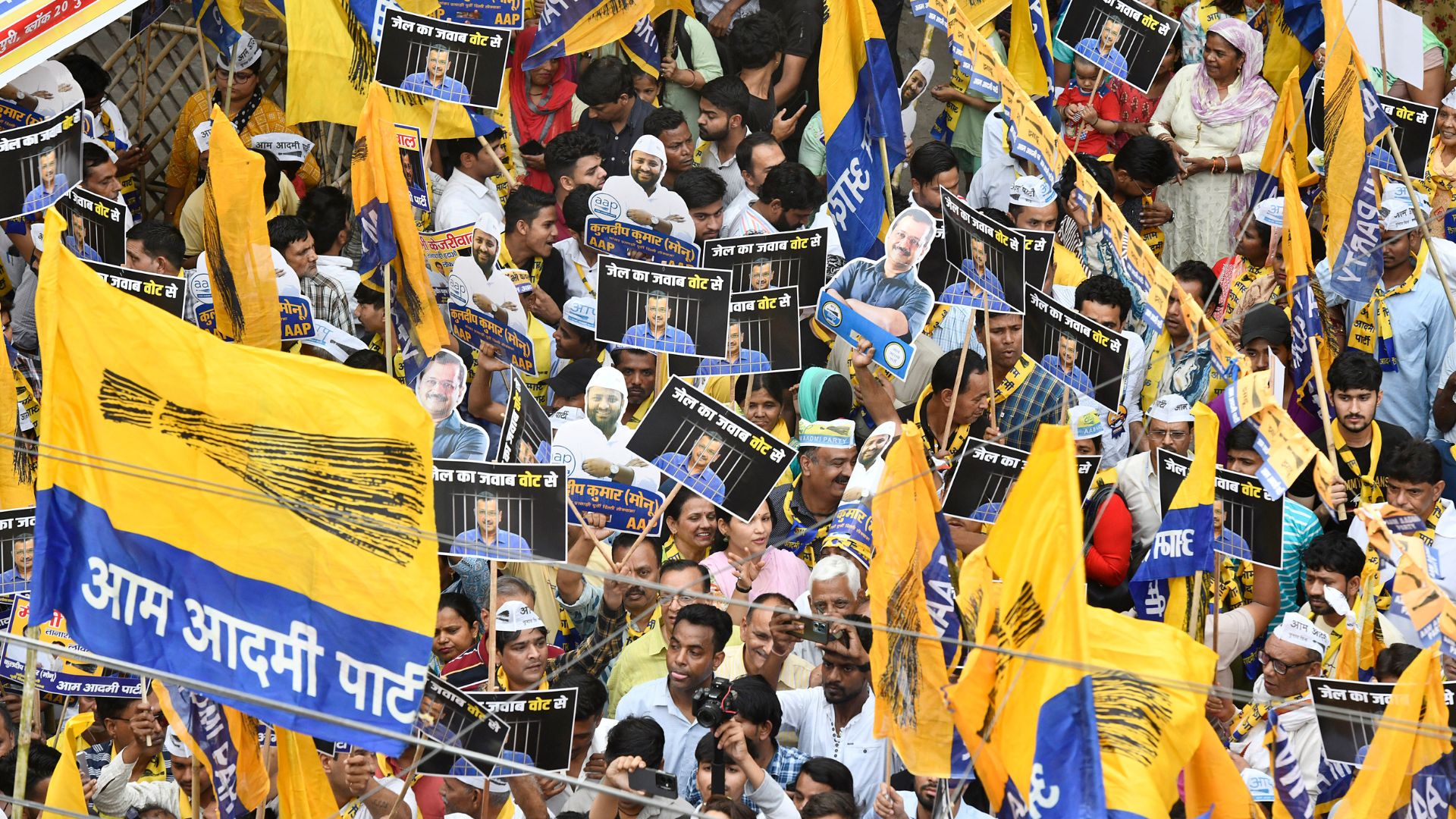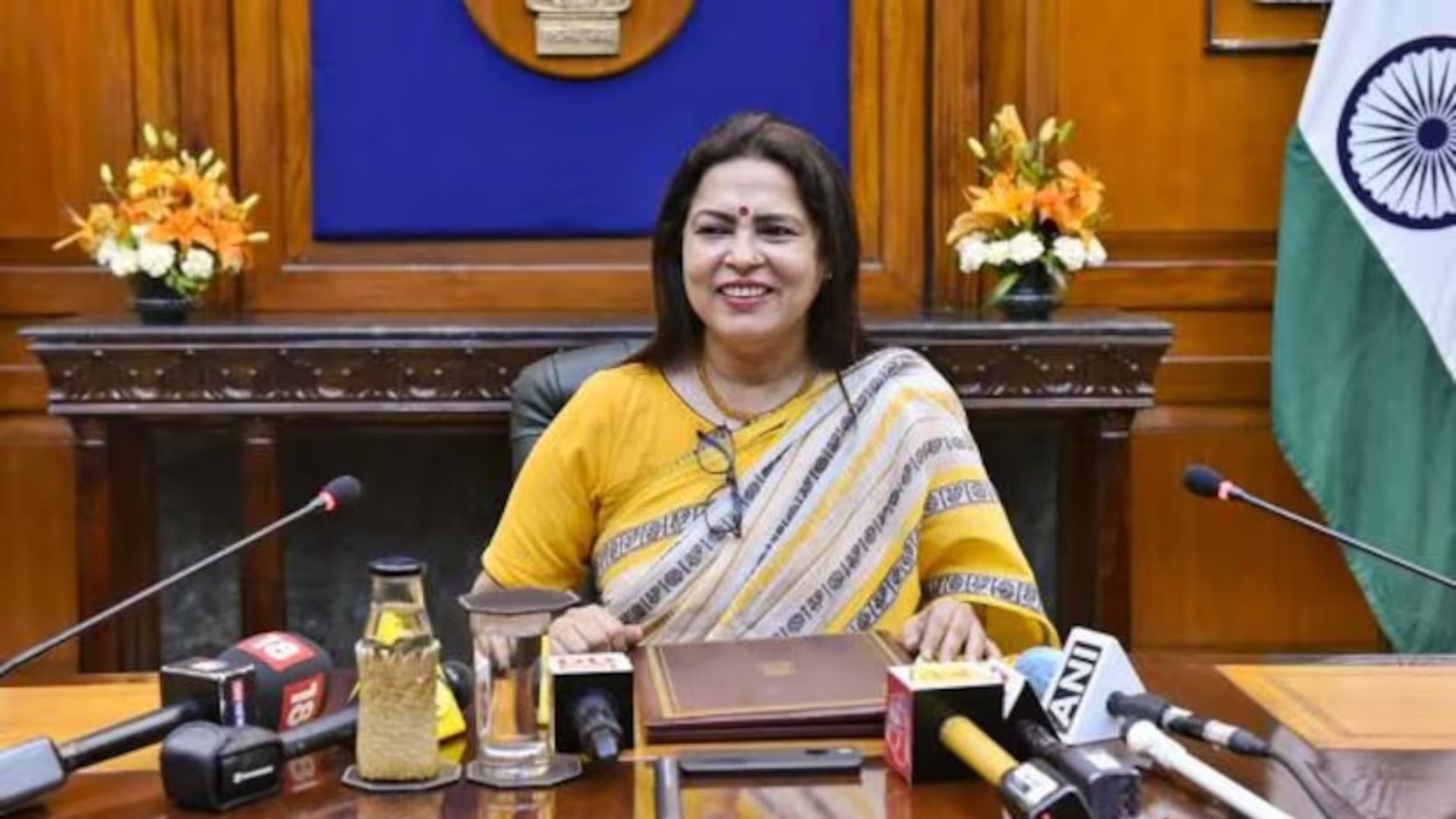




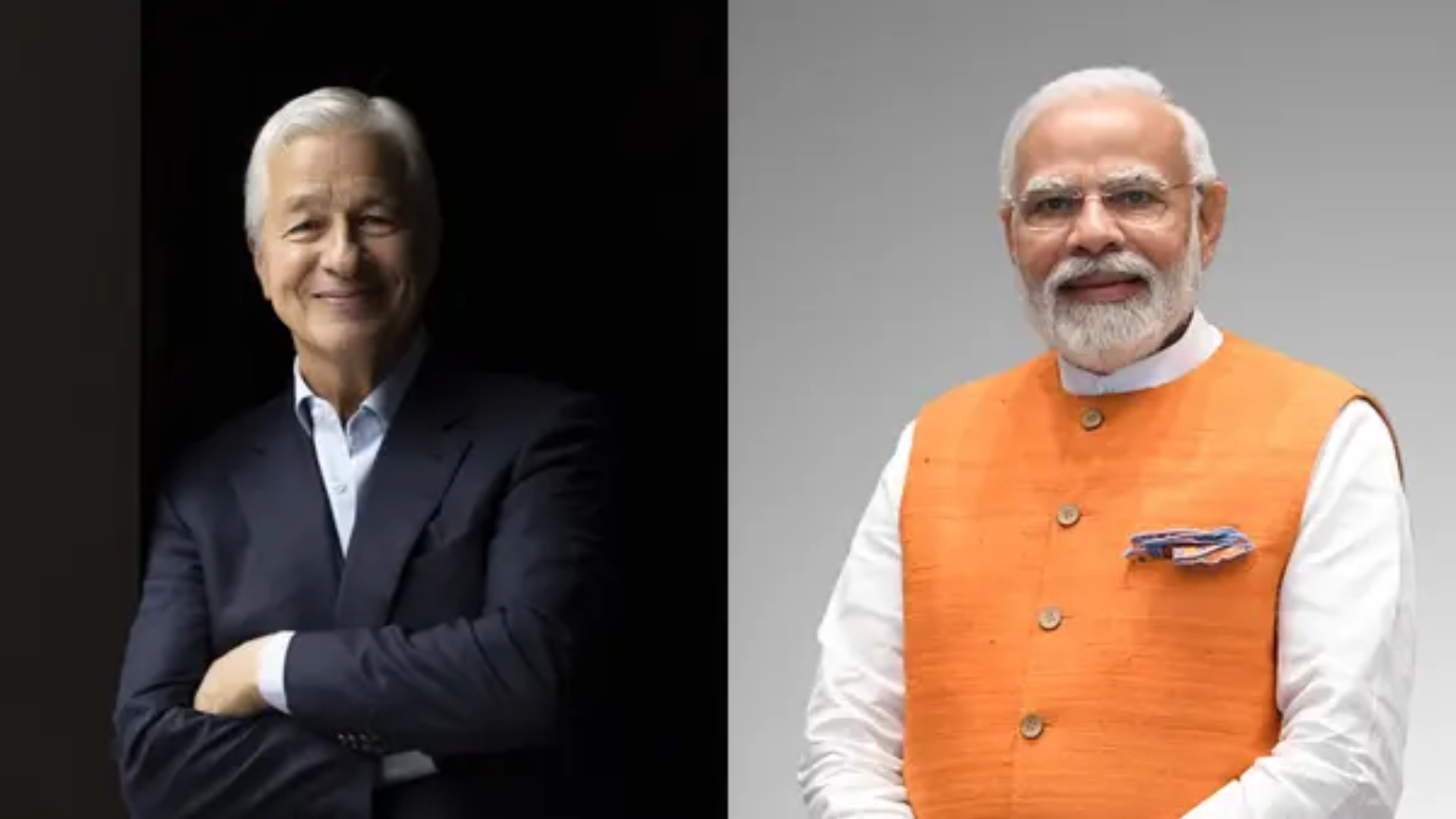

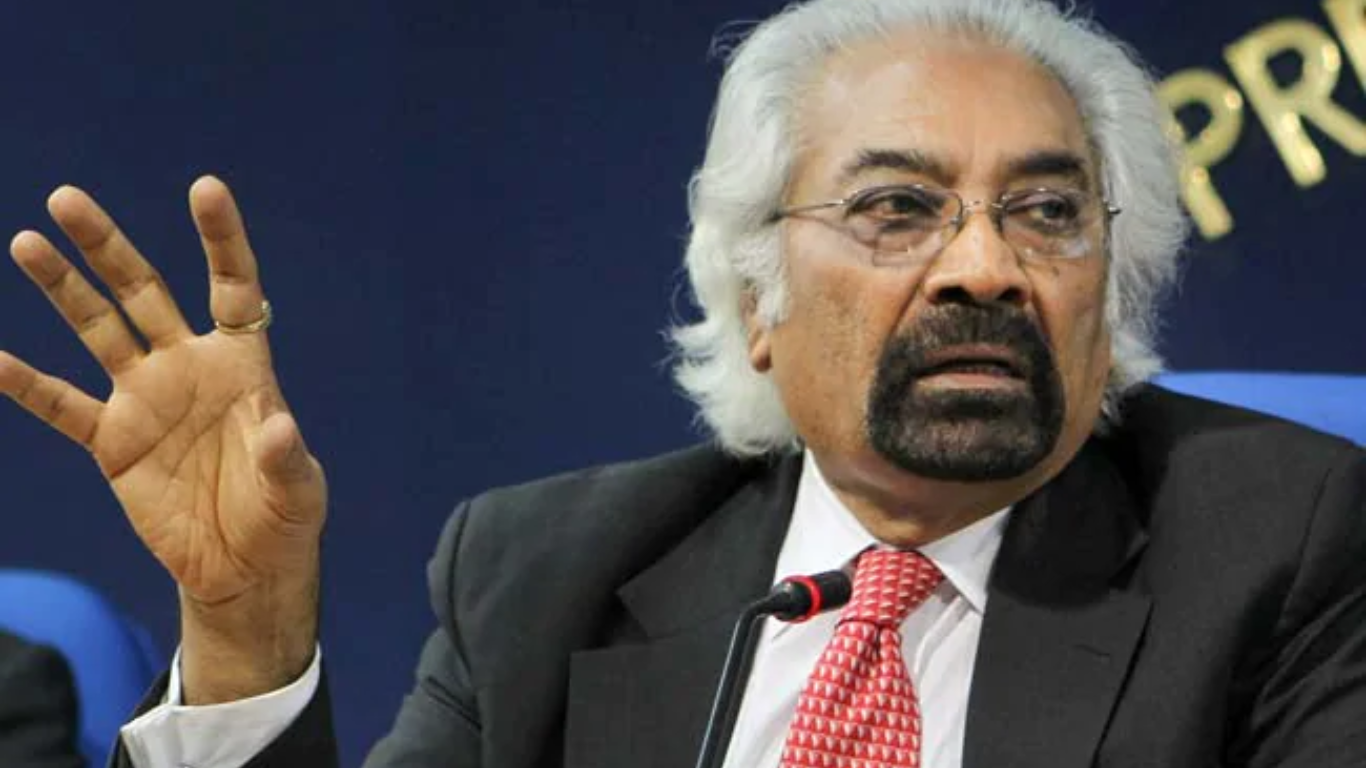


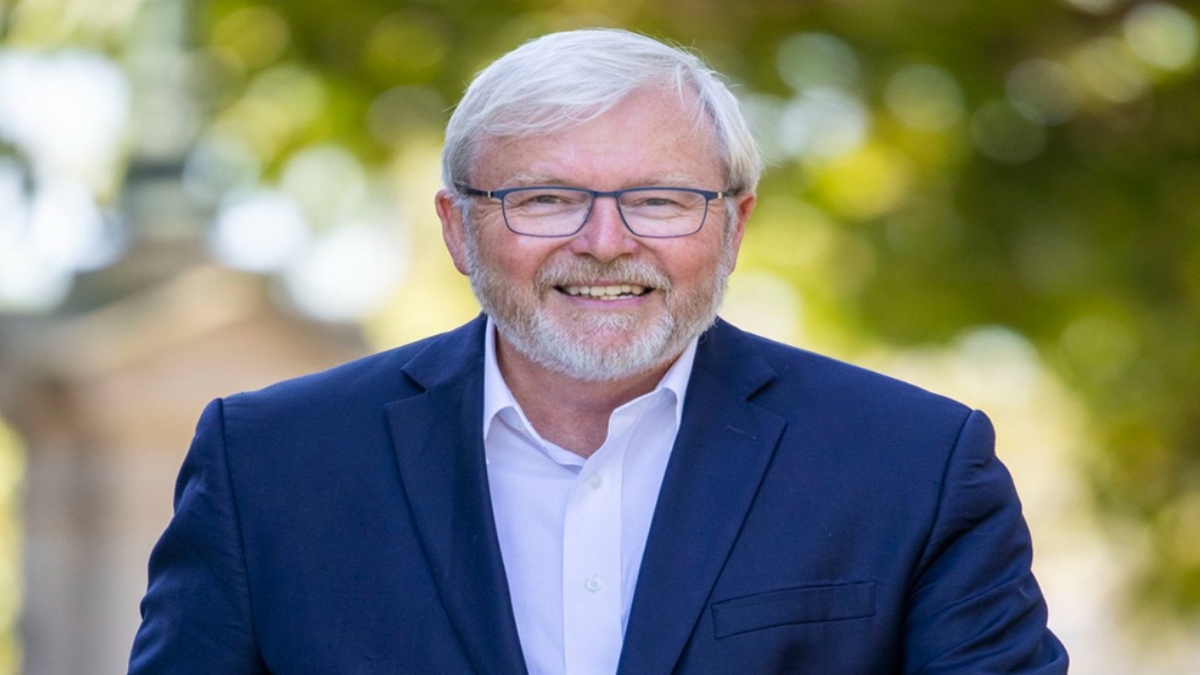
Former Australian Prime Minister Kevin Rudd said on Saturday that China’s increasingly assertive behaviour in the Indo-Pacific region increases the likelihood of the military standoff with India on the Line of Actual Control (LAC) becoming a flashpoint between the two countries.
Rudd, regarded as a leading authority on China and its leadership, stated in an interview that Chinese actions along the LAC, including the construction of infrastructure to support its armed forces, indicate a willingness to “change the reality on the ground.”
At the same time, Rudd did not rule out President Xi Jinping taking steps to resolve the border dispute with India after consolidating power at the Chinese Communist Party’s 20th congress later this year.
“When I look…at the pattern of China digging in beneath secured ground and building long-term infrastructure to support air movements, air supply, and road supply…this does not indicate it’s a temporary demonstration of Chinese strategic resolve pointing to a longer term diplomatic solution,” he said.
“It appears to indicate a Chinese proclivity to continue pushing and changing reality on the ground over time,” said Rudd, who is promoting his new book, “The Avoidable War: The Dangers of a Catastrophic Conflict Between the United States and Xi Jinping’s China.”
He added, drawing parallels between the situation on the LAC and China’s behaviour in the South China Sea, both of which aim to change the reality on the ground, “Could any of these create another flashpoint or tripwire?” I simply go to the probability aggregation. The more assets you have, the more forward-thinking you are, the more the normal political and diplomatic insulation is stripped away, the greater the likelihood of incidents.”
“I believe that if Xi Jinping sees himself as a man of history, it remains a possibility in my opinion.” What India would then have to consider is two things: “If the border is resolved as a result of a massive strategic initiative from the Chinese side…will China’s economy then become partners in India’s long-term economic development?” he asked.
“Would India feel economically overwhelmed by the Chinese economy?” The second open strategic question is, “How would China’s broader geopolitical and international political interests be impacted as it seeks to redesign the international system with Chinese power as its fulcrum, as its epicentre?” he added.
In response to a question about whether the Indian side could trust China, given that the LAC standoff followed two informal summits, Rudd said, “My experience as an Australian prime minister dealing with Chinese leaders, including Xi Jinping, is that two things are fundamental.” One is that, in China’s case, they observe what other countries do rather than what they say, even though they would prefer that other countries trust what China says rather than what China does,” he explained.
“Second, China, as governed by a Marxist-Leninist party, values strength and despises weakness… As a result, my argument is that summitry is important because you’re dealing with the Chinese system’s central decision-maker, who wields more power than any Chinese leader since Mao,” Rudd added.
Read more: Heated debate between Delhi and Beijing over ship in Sri Lanka




